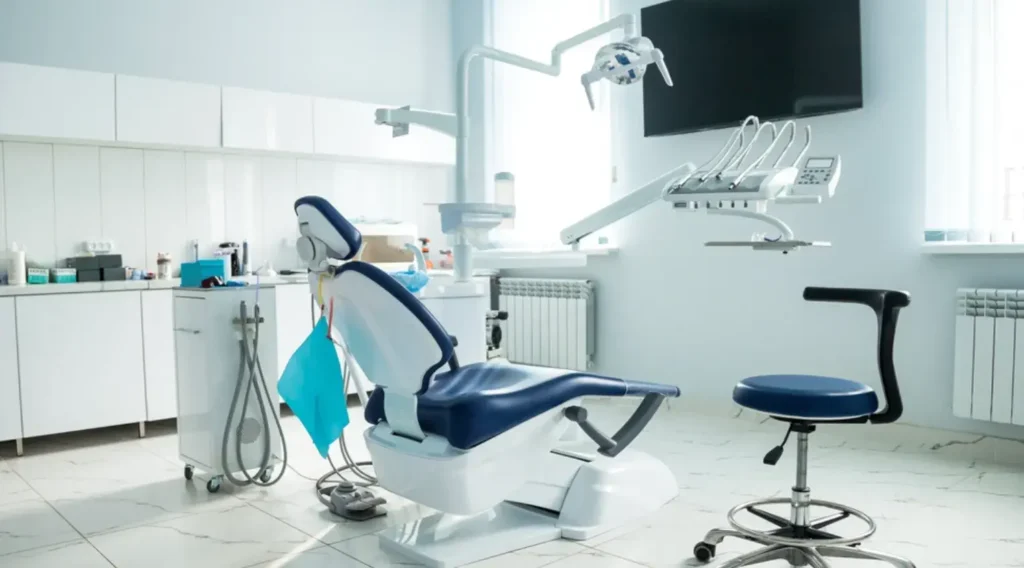Exploring the complexities of finding the ideal medical office space in New York City presents a unique set of challenges for healthcare professionals. From understanding the intricacies of city zoning laws to evaluating the spatial requirements necessary for modern healthcare delivery, each decision must be carefully considered. Additionally, the strategic location of the office can greatly impact patient accessibility and staff convenience. As we delve into the critical factors in selecting the right property, the importance of aligning these elements with long-term operational goals becomes increasingly apparent. This discussion aims to unravel these multi-faceted considerations, guiding medical professionals toward making informed decisions that will shape their practice’s future.
Assessing Your Space Requirements
When considering leasing medical office space in New York City, it is important to carefully assess your space requirements to make sure the facility meets your operational needs and enhances patient care. Evaluate the layout for efficient workflow, ensuring that there is adequate room for reception, waiting areas, examination rooms, and private offices.
Consider technological needs and whether the space can support advanced medical equipment. Accessibility is vital; check for patient-friendly facilities including ramps, elevators, and proximity to public transportation.
Additionally, analyze the potential for expansion, as growing practices will require additional space. Choosing the right environment fosters a sense of belonging and community among staff and patients, having a significant impact on the overall healthcare experience.
Navigating NYC Zoning Laws
Browsing New York City’s zoning laws is an important step for medical practitioners seeking medical office space, as these regulations greatly influence where and how medical facilities can operate.
Zoning laws in NYC are complex and segmented into residential, commercial, and manufacturing districts, each with unique allowances and restrictions. For healthcare professionals, identifying zones like C1-9 or C2-5, which permit medical office space, is necessary. Additionally, certain residential areas allow medical practices if they meet specific criteria concerning size and entrance configurations.
Understanding these nuances ensures compliance and avoids costly zoning disputes. Engaging a knowledgeable real estate advisor who specializes in healthcare properties can provide invaluable guidance through this intricate landscape, helping you find a location that not only meets legal standards but also serves your community effectively.
Read more:
Shared Medical Spaces: Top Benefits of Renting Medical Suites in NYC

